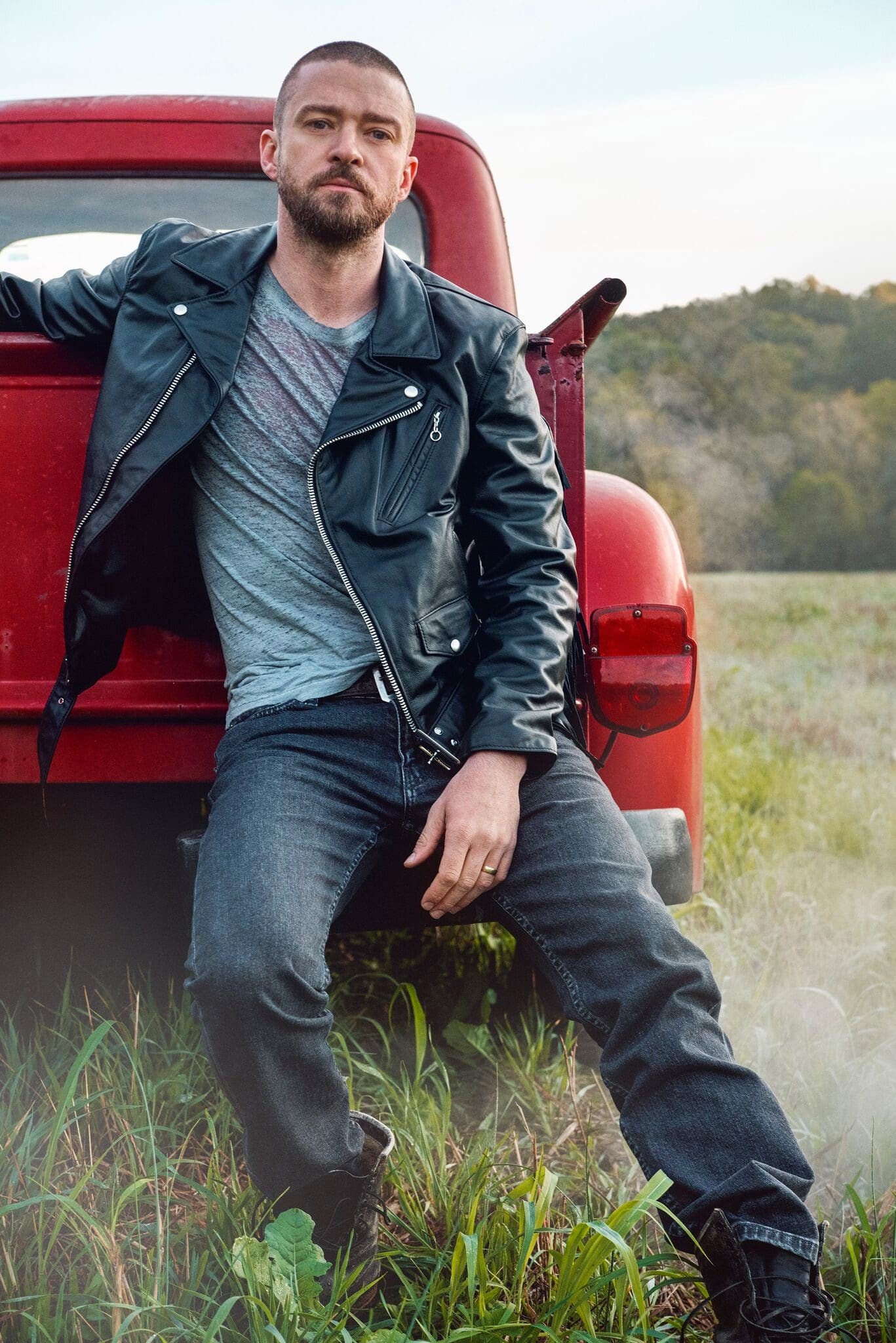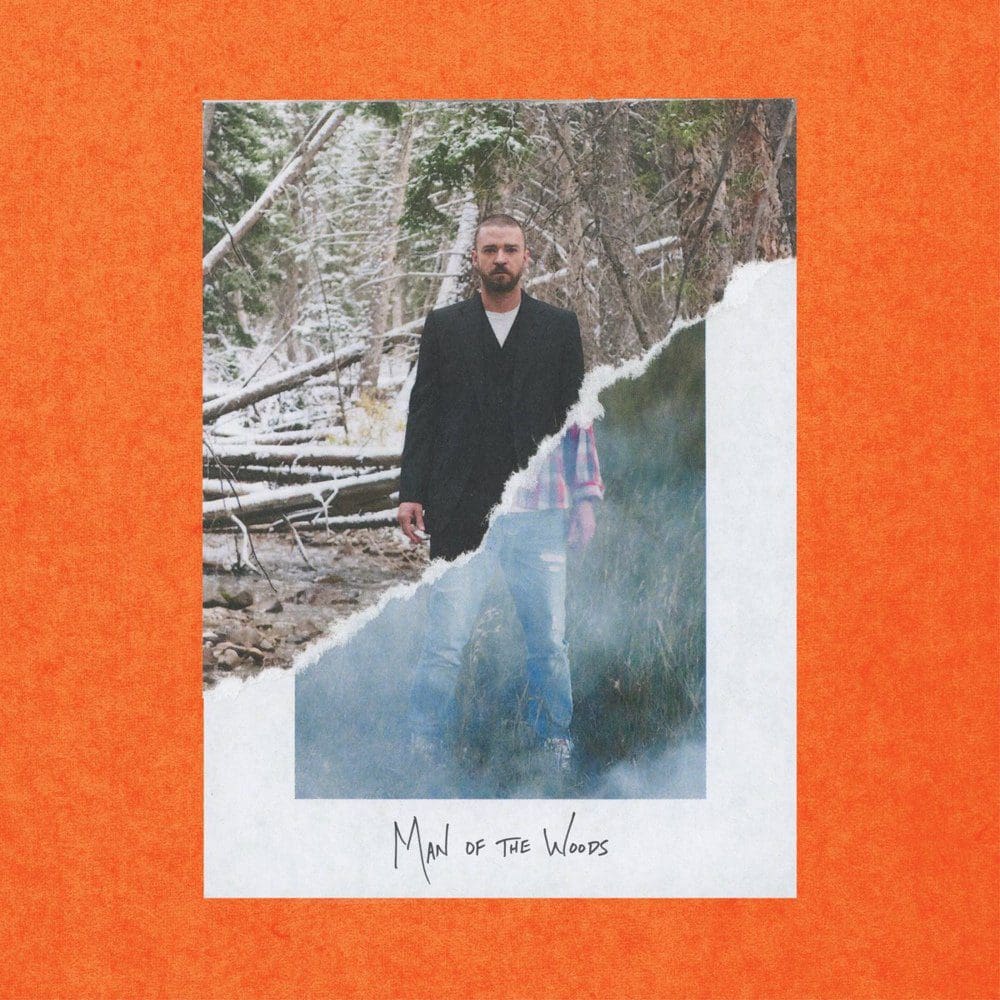Nearly a decade ago, Robin Thicke released Sex Therapy, an album about the joys of married sex. After “Blurred Lines” and the cheating revelations that ended his marriage to Paula Patton, it was difficult to listen that album without cringing. With Man of the Woods, Thicke’s brother in blue-eyed soul, Justin Timberlake, finally fills that void. Though the announcement video Timberlake released last month suggested we’d be getting the Tennessee-born singer in full country mode, listening to MTW is like listening to Timberlake reinvent himself in real time. He literally teaches us to listen to him in a new way.

The album begins with the first single, “Filthy.” Released a day after the initial announcement, it was at odds with the new aesthetic Timberlake promised and it’s hard to say whether its aggressive aversion to melody and Apple summit/dancing robot video would have been better received without it. Taken by itself, the song fits right in with his previous work. It’s like “SexyBack” updated to fit modern pop music sensibilities. The tempo is slower and Timberlake’s vocals have the almost monotone quality of singers like Zayn Malik or Justin Bieber. Still, he’s got more character in his voice than either and he frequently channels Prince in the way he snarls or Michael Jackson in the way he yells “woo!” It’s not a mix that appeals on first listen, but it grows on you the more times you hear it.
The song’s most remarkable moment, though, comes at the end, when the synthesized sounds break down and we’re left with, presumably, Jessica Biel asking existential questions over a mystical melody. Paula Patton also made a lot of brief, breathy appearances on Sex Therapy and this is not the last time Biel’s voice appears. The outro reads like the beginning of Timberlake’s promised new sound, but the next track, “Midnight Summer Jam,” with its clapping sections and the occasional, quick jabs of strings, is almost disco.
Rather, the evolution doesn’t begin until the third track, “Sauce.” Still, while the sound is swampy Southern rock, the vocals are pure Prince. The following tracks, “Man of the Woods” and “Higher, Higher” bring out those elements even further. The former is all distorted slide guitar and 4-part harmonies while the latter is a funky slow jam with a guitar riff that sounds an awful lot like a slowed down version of the one in Prince’s “Kiss.” Despite their differences, though, both songs live up to the promises of “Filthy” about this album not being the “clean version.” With lyrics like “fingers walkin’ down your legs/hey, there’s the faucet/someone’s knockin’,” the titular track is slightly cheekier, while “Higher, Higher,” is, pardon my French, a song to fuck to.
Still, while the songs that make up the first half of the album are smutty fun, it does feel like a bit too much of the same thing and by the time the second single, “Supplies,” comes on, you’re ready for something new. Thankfully, the two duets in the middle of the album achieve that. The first, “Morning Light,” features Alicia Keys and sounds like Timberlake’s take on a Motown-esqu duet, but it’s “Say Something” with country star Chris Stapleton that finally delivers on the woodsy aesthetic promised by the end of “Filthy” and the announcement video.
While the studio version of the song is just fine, it’s a shame Timberlake didn’t include the live-recording from the music video instead. Filmed inside Los Angeles’s Bradbury Building (Blade Runner, 500 Days of Summer) in one long take, it reminds us how talented Timberlake really is. He’s a songwriter, a versatile vocalist and he can play multiple instruments. Over producing him just distracts from that musicianship and his skill as a performer.
Thankfully, Timberlake seems to understand that on some level and as MOTW approaches its end, the music becomes less synthesized, more reliant on real instruments and Timberlake’s stellar vocals. While the folksy sound of the stupidly-named “Flannel” and the quotes about nature being a teacher that preface “Livin’ Off the Land” feel like Timberlake declaring his commitment to an outdoorsy aesthetic, there’s also something that feels off about them. It’s not quite the bizarre dubstep touches on “Livin’ off the Land” or the seemingly electronic rhythm section of “The Hard Stuff” that make the album seem a bit like hyper-masculine Americana drag, it’s that there seems to be so little substance behind this new sound.
Except for the final track, “Young Man,” about his and Biel’s son, Silas, there seems to be almost no self-reflection involved in Timberlake’s reinvention. In it, he tells Silas, “you don’t understand right now/You’re a young man/But you gon’ have to stand for something,” while failing to do so either on the album itself or publicly. What does this album stand for except for sex and the therapeutic benefits of buying a “farm” in Montana? Sure, there was a half-hearted attempt to comment on current events in the “Supplies” video, but the result is a bizarre mix of sexy, Bonnie and Clyde imagery and future dystopia/protest symbolism. It’s like Rihanna’s video for 2015’s “American Oxygen” without the racial or social resonance.
What made something like Beyoncé’s self-titled 2012 album, Beyoncé (which also ended with a song about and featuring her first child, Blue Ivy), so game-changing is that it felt both personal and political—Lemonade even more so. Man of the Woods is only the former and even then just barely. It may be sexy as hell, but it’s also not really that different from Timberlake’s previous work. And that’s fine. The world needs those songs, but if Timberlake really wants to stay relevant going forward, he’s got to stop screwing his wife in the Montana mountains and really ask himself how he fits into a pop culture landscape that just might leave him behind.



Comments are closed.